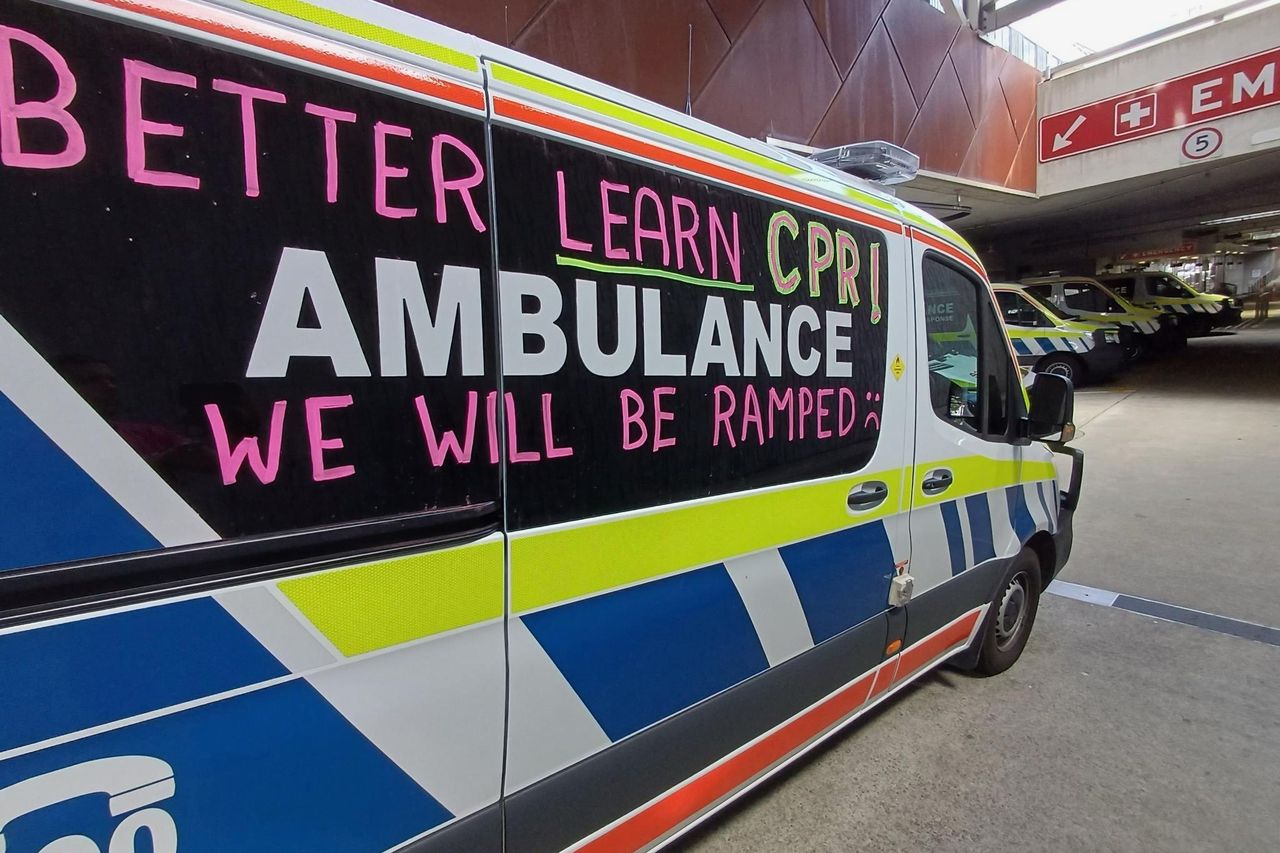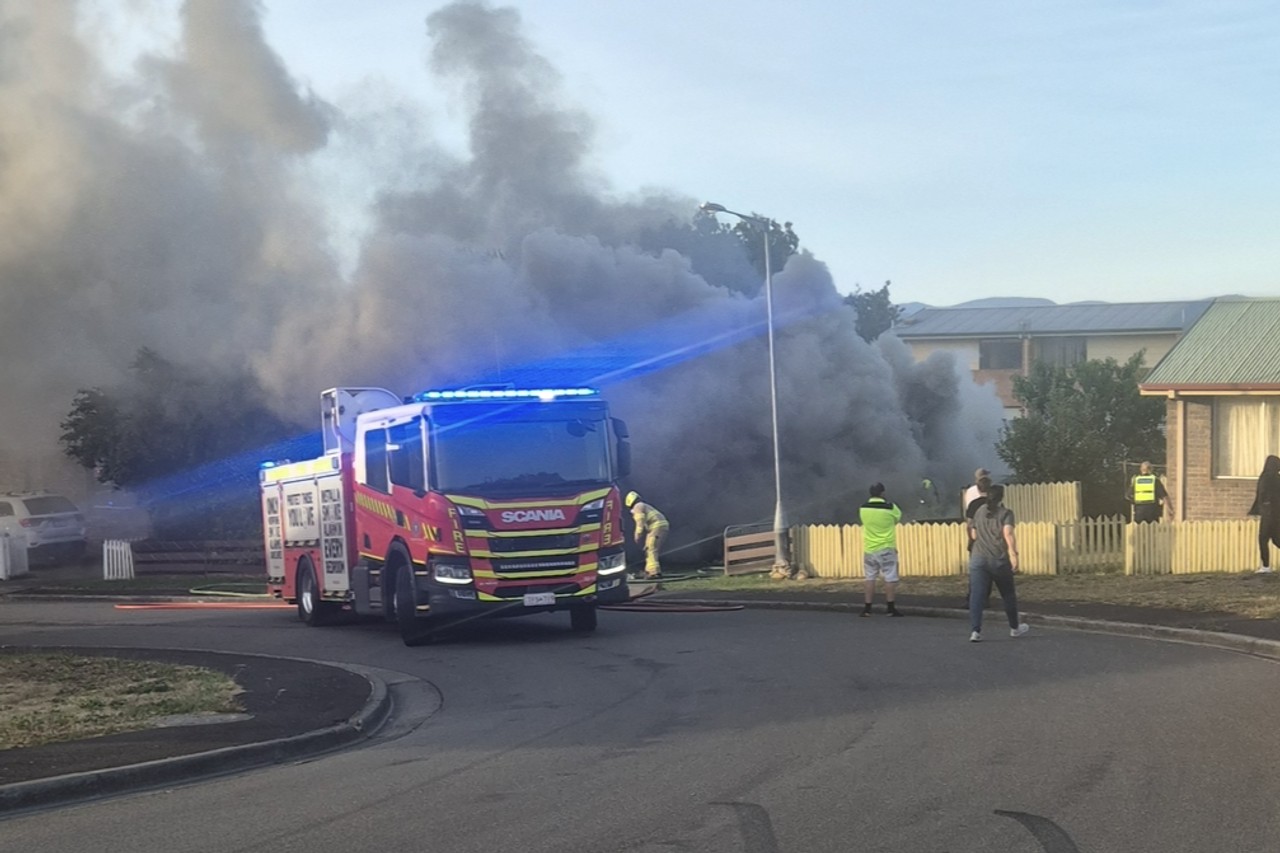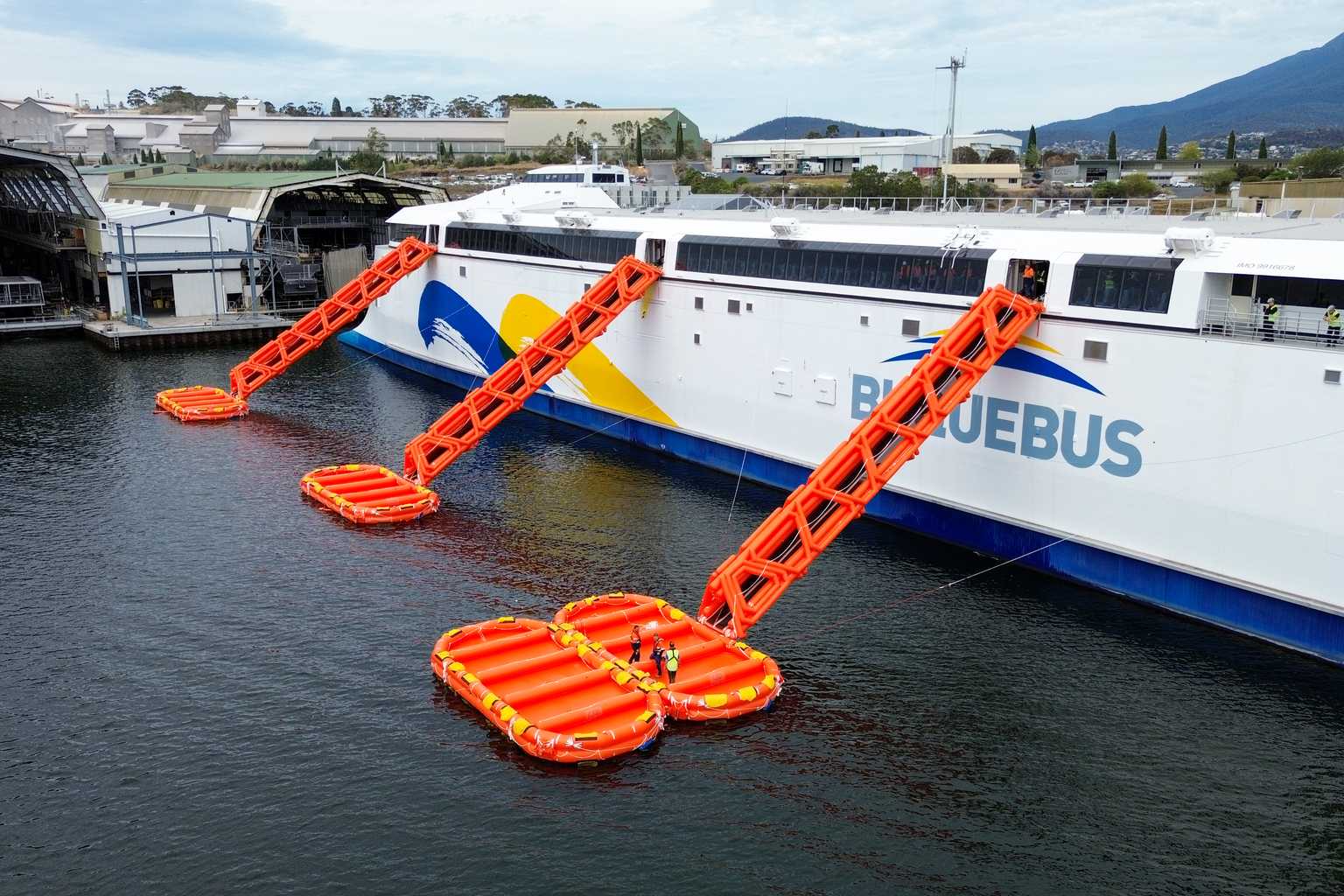A coroner has handed down his investigation into the death of a Tasmanian toddler who died after swallowing a metal screw.
In a recently published investigation into the 11-month-old’s death, Coroner Robert Webster said the child passed away in May 2022 after swallowing the screw at home a few days earlier.
Webster said the “healthy young boy” was playing on the floor of his Hobart home on May 4 when his father removed a black pen lid and a necklace from his reach, as he thought they “could be dangerous”.
The toddler’s mother arrived home sometime before 9am that morning, at which point his father stepped outside to smoke a cigarette when he heard the child “making a choking sound”.

“He immediately ran over to [the toddler] and tried to take whatever was in his mouth out. He could not locate anything so he picked [him] up and rolled him over and patted him on the back to try and dislodge whatever was in his mouth,” Webster said.
“That did not work so he called out to [the child’s mother]. She tried to put her fingers down his throat because it was clear to her he was choking on something.”

An ambulance was called and paramedics arrived quickly, but were unable to intubate the child or locate the obstruction, with 15 minutes passing before an intensive care paramedic arrived and was able to successfully intubate the child and remove the screw from his throat.
The toddler was taken to the Royal Hobart Hospital emergency department and admitted to the paediatric neonatal intensive care unit, where he died from a “severe ischaemic brain injury” on May 7.
The coroner’s investigation revealed that airway obstruction training for new Ambulance Tasmania staff was suspended during the COVID pandemic and only reinstated in August 2021.
Webster acknowledged that the initial ambulance crew did their best under challenging circumstances, but locating the screw was complicated due to the presence of vomit and blood.

“In this case the paramedics performed as a team and gave sound care … I am of also of the view the AT officers who were first on the scene did their best in very trying circumstances,” he said.
He said the outcome may have been different if the initial paramedic crew had more advanced airway skills or training.
“There is absolutely no evidence that [the child’s] parents were in any way responsible for his passing. This was a very unfortunate and tragic accident.”







